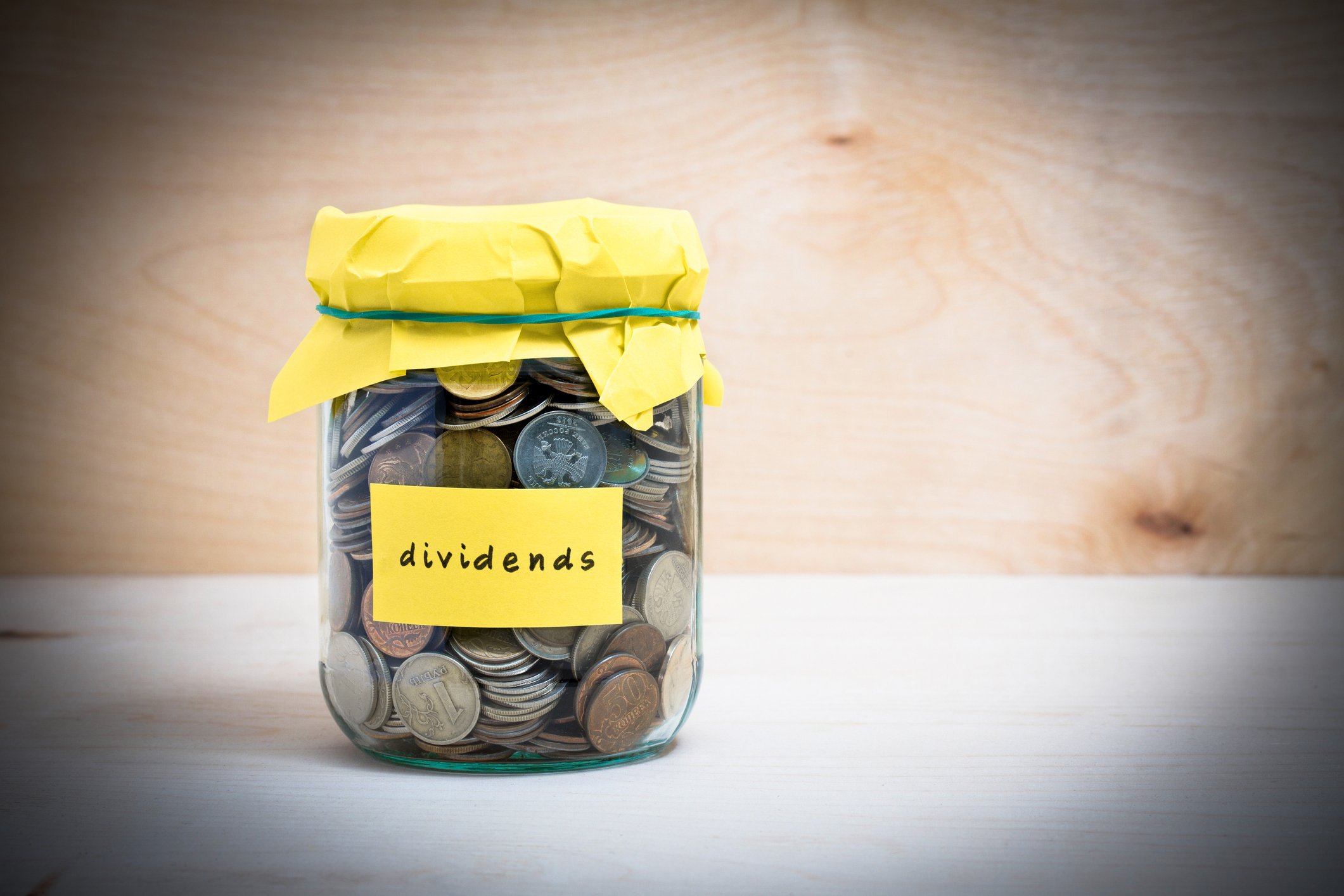
Image source: Getty Images.
Any investment novice knows that stocks are risky investments. However, it's important for investors to know how risks affect their portfolio. Every stock has two sources of risk: Systemic risk is mostly unavoidable when investing in equities. Company-specific risk is what investors are looking to avoid. It is this risk that investors need to pay close attention to when designing their portfolios.
With that in mind, we asked three Motley Fool specialists to select a stock with a solid business model posed for long-term success. Their choices -- Kinder Morgan (KMI 0.86%), Amazon.com (AMZN 0.31%), and Pfizer (PFE +0.84%) -- along with their investing theses are discussed below.
First-class pharma
Todd Campbell (Pfizer, Inc.): The only truly safe investment is cash, but for investors looking for long-term, top-tier, quality stocks to tuck away for the long haul, I can't help but think that Pfizer makes a ton of sense.
Pfizer's been there, done that, and while patent expiration is always a threat to drugmakers, Pfizer's performance in the wake of losing protection on its megablockbuster Lipitor in 2011 suggests that it has the chops to navigate any patent risk it may face in the future.
Despite Lipitor's patent expiration impaling Pfizer's top line to the tune of billions of dollars over the past five years, the company's cost discipline, research and development performance, and mergers-and-acquisitions strategy have positioned it for what I believe could be another multiyear period of growth. Investors have begun pricing some of this opportunity into shares, but I think there's plenty of room left to go higher.
Unlike 2011, the company isn't nearly as dependent on any one drug (it has a couple of billion-dollar-per-quarter sellers, but with $13 billion in quarterly sales, they don't worry me much), and thanks to acquisitions, it's positioned as a leader in biosimilars to some of the globe's best-selling medicines. Its recent acquisition of Xtandi, a top-selling prostate cancer drug, further entrenches its leadership in cancer treatment, and fast-growing stars, including Ibrance and Eliquis, should also continue supporting growth.
Importantly, Pfizer's still got a mountain of cash that it can use to reinvest in itself and reward investors. The company's dividend has grown nicely despite sliding sales, suggesting that management remains shareholder-friendly, and with a 3.7% dividend yield, and potential tailwinds from deregulation and tax reform, this big-cap drugmaker has become one of my top stocks to stash in long-term portfolios.
Moving what fuels the future
Matt DiLallo (Kinder Morgan): Climate-change worries are driving demand for cleaner energy sources. While wind and solar stand at the forefront of this power shift, they cannot yet carry this heavy burden alone. That is why the International Energy Agency sees natural gas joining those two renewable sources as winners in the race to meet global energy demand through 2040. In fact, because of how critical gas is in meeting global energy needs, energy analysts at Wood Mackenzie project that natural gas demand in just the U.S. will rise by 35% through 2025.
The growing importance of natural gas to power the economy means we will need additional infrastructure to move gas from production basins to end users. That is where natural gas infrastructure giant Kinder Morgan comes into play. The company currently controls the largest gas-pipeline network in the country, moving roughly 38% of U.S. gas demand. What makes Kinder Morgan such a great long-term play on gas is that it has limited direct exposure to gas prices, which will likely remain volatile as supply and demand ebb and flow. Instead, it makes its money on long-term, fee-based capacity contracts that underpin its assets and throw off relatively steady cash flow. That cash flow is likely to grow alongside demand, as Kinder Morgan expands its industry-leading infrastructure.
Bottom line, natural gas demand is not expected to peak anytime soon, which means Kinder Morgan's pipelines will remain vital for decades to come. Because of that, the company should pay its investors a growing stream of cash dividends. These factors make Kinder Morgan's stock one that investors can safely own for quite a long time.
An unconventional long-term play
Jamal Carnette, CFA (Amazon.com): On first sight, Amazon may seem like the antithesis of a safe stock. After all, it's a barely profitable company in the cutthroat retailing industry. However, as hockey great Wayne Gretzky once quipped, "you need to skate where the puck is going, not where it has been." Investors with long-term time frames should attempt to look to secular trends for investing tailwinds.
In retail, there is a noticeable shift toward e-commerce over the last decade that will only increase over the next 15 to 20 years. In the recently released e-commerce sales report from the U.S. Department of Commerce, e-commerce increased 4% on a quarter-on-quarter basis, versus 0.9% for greater retail. E-commerce has grown from 7.4% of total retail sales in third quarter 2015 to 8.4% in third quarter 2016. There are two takeaways here: First, e-commerce is growing faster than the overall economy. Second, this trend is in its early innings, as e-commerce is still a small percentage of total sales.
During Amazon's third quarter, the company increased North American net sales 6.8% sequentially, which shows the company is consolidating e-commerce. Overall, the company reported a year-on-year revenue increase of 29% in the third quarter. Investors should look for Amazon to continue to outperform the retail industry, as it improves upon its logistical advantages and the shift to e-commerce continues.







